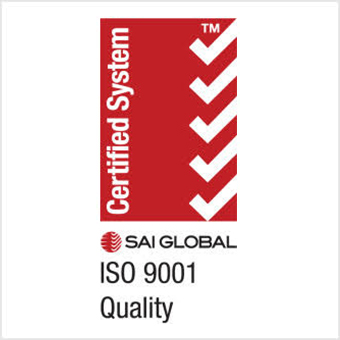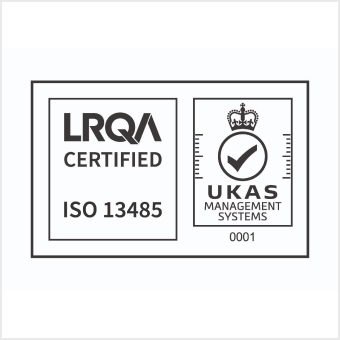ARDL’s capabilities for Dynamic Mechanical Analysis (DMA) and Thermomechanical Analysis (TMA) include coefficient of linear thermal expansion, forced vibration and glass transition temperature testing.
Forced Vibration
ARDL’s testing capabilities allow us to measure the forced vibration of materials through dynamic mechanical analysis. Forced vibration is vibration caused by one object being forced to vibrate when another connected object is vibrated. Using specific test methodologies and fixturing, we are able to measure the response of materials when forced into vibration.
Glass Transition Temperature Testing
The introduction of heat, cooling or compression can have an effect on the properties of materials. When these environments cause the material to change from exhibiting solid-like properties to a liquid-like phase, the material is said to have passed through its glass transition temperature (Tg). ARDL measures glass transition using Dynamic Mechanical Analyzer (DMA) and Thermomechanical Analyzer (TMA) equipment in addition to Differential Scanning Calorimetry (DSC) methods. According to ASTM, Dynamic Mechanical Analyzers monitor changes in the viscoelastic properties of a material as a function of temperature and frequency, providing a means to quantify these changes. In ideal cases, the temperature of the onset of the decrease in storage modulus marks the glass transition. Our TMA equipment provides for analysis using frequency and temperature sweeps. ARDL can also test using three-point bend, Metravib and other DMA equipment.




